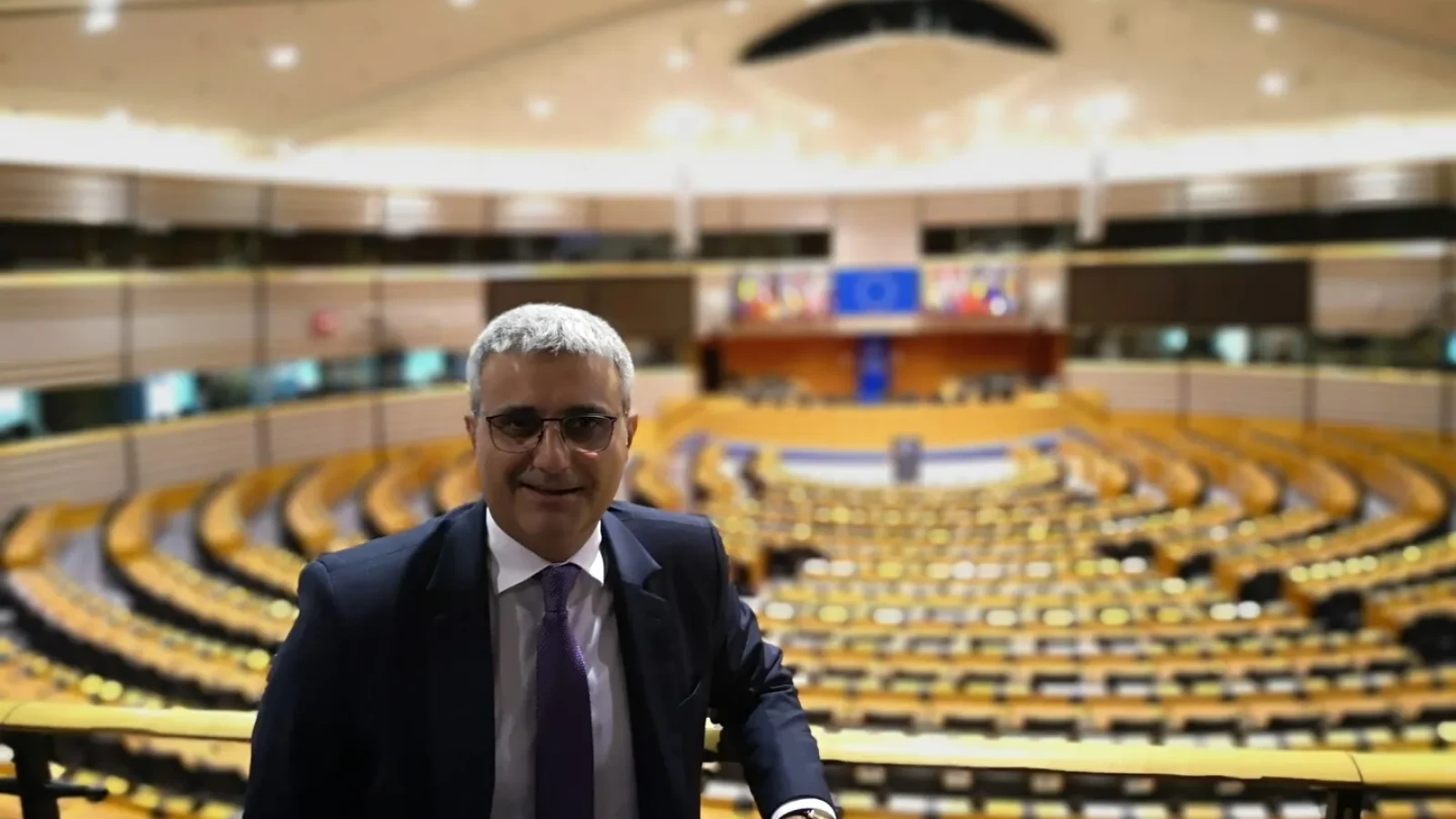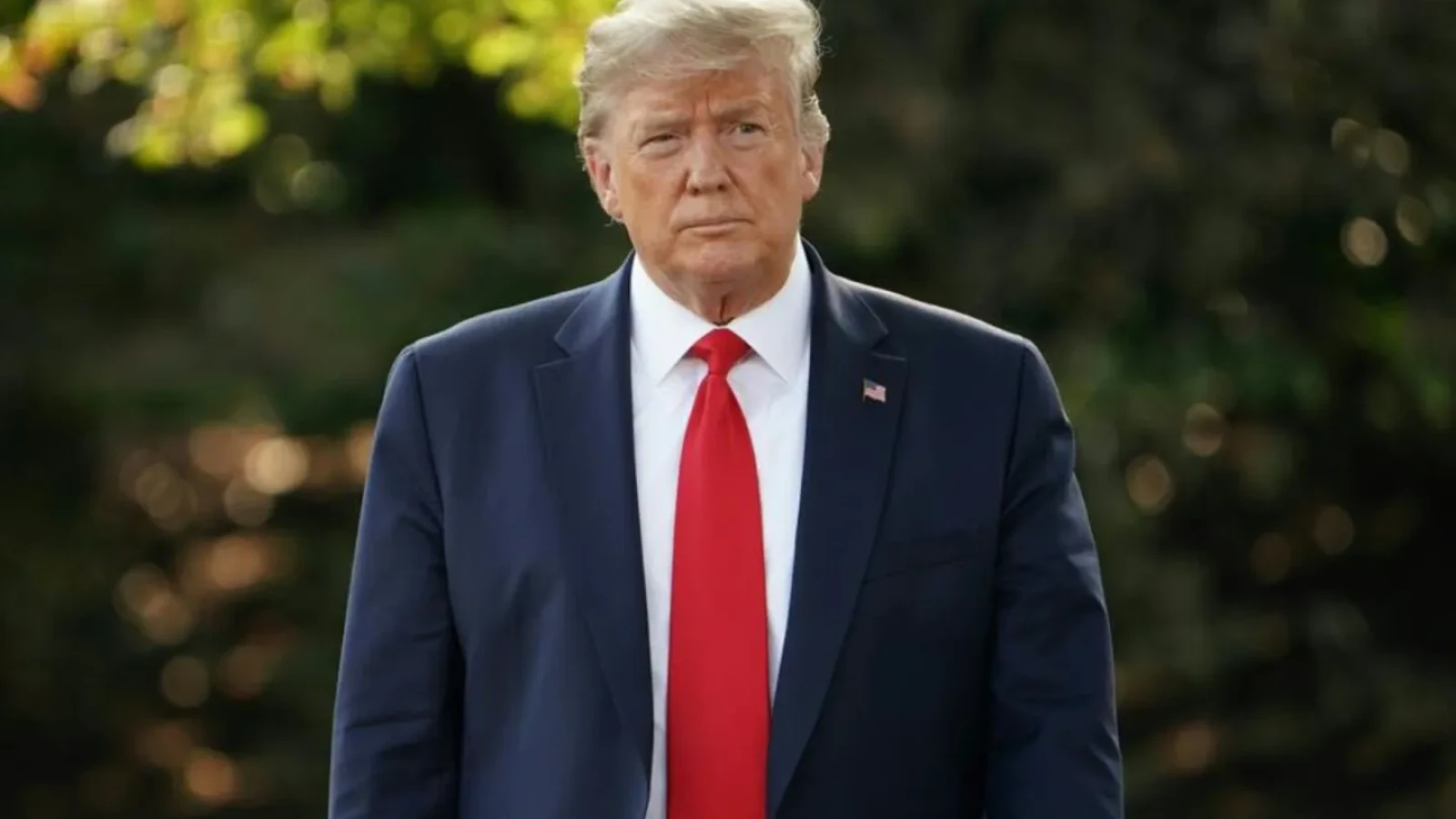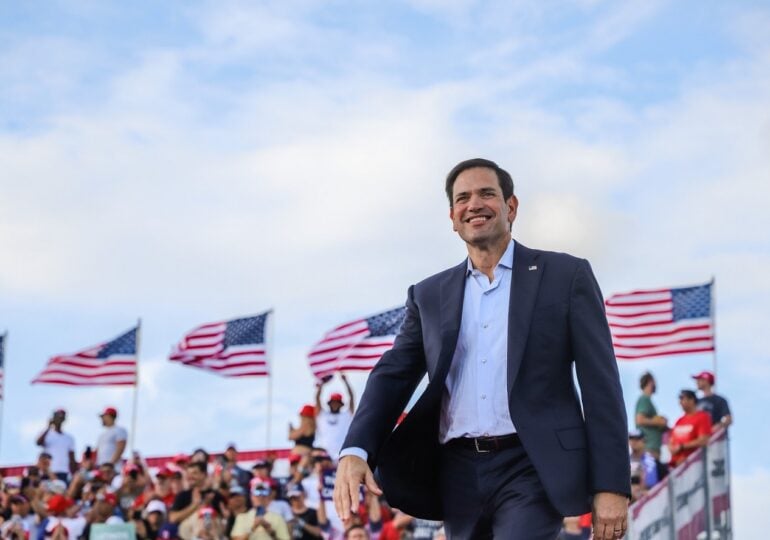The public consultation process on the project regarding the establishment of energy communities ended a few days ago, and the observations received will be integrated into the final form of the regulatory act which will be initiated in the next period by the government, Energy Minister Sebastian Burduja announced on Tuesday.
"As early as in the spring of last year, we have set up a working group tasked precisely with the preparation of this initiative, and now we are approaching the final moment - the adoption of the regulatory act. (...) We have lately taken important steps for these energy communities to become a reality. We wrapped up the public consultation process on the regulatory act a few days ago, after the blueprint was put up in the decisional transparency procedure towards the end of January. We received highly useful observations, which we will try to best integrate into the final form of the regulatory act the government is about to initiate," Burduja wrote on Facebook.
He explained that energy communities are based on open and voluntary participation, are autonomous and effectively controlled by shareholders or members located near the renewable energy projects owned and developed by the respective community. Shareholders or members can be individuals, SMEs or local authorities, municipalities included. The main purpose of energy communities is to provide environmental, economic or social benefits for their shareholders or members, or for the local areas where they operate.
According to the minister, the emergence of energy communities is expected "to produce a small revolution", because it will mean a significant - in some cases, even huge - cut in energy costs for residents' associations, public authorities and companies who will become energy producers.
"There are already pilot projects underway that confirm how necessary the development of energy communities is. We are talking mainly about energy for self-consumption - which translates into a high energy autonomy of these communities, less pressure on the National Energy System and, last but not least, the possibility for these communities to attract funds by selling the surplus and distributing the profit obtained among the members. I encourage those interested to look at the benefits these communities can bring, to propose debates inside the residents' associations or, where appropriate, associations between small companies or between public institutions. Huge opportunities will open up. I particularly have in mind, but not exclusively, the situation in big cities, where energy consumption is the highest and where the development of energy communities will bring positive changes on many levels: from cleaner air for everyone to financial ease for each participant in such a community," Sebastian Burduja emphasized.
































Comentează